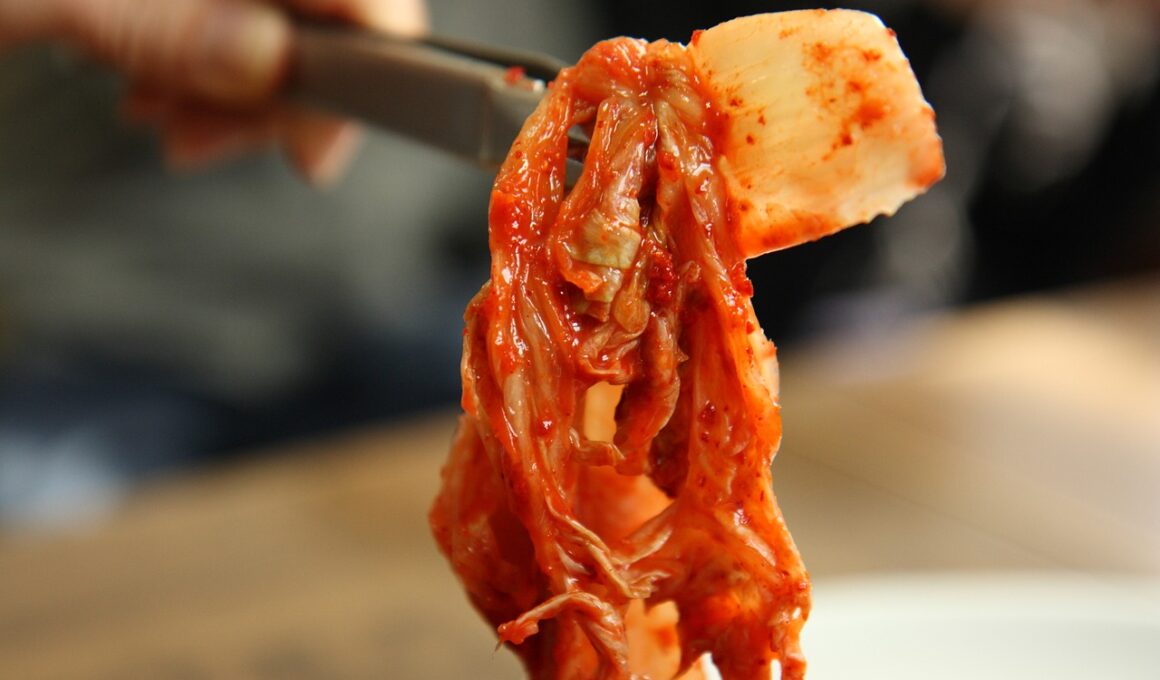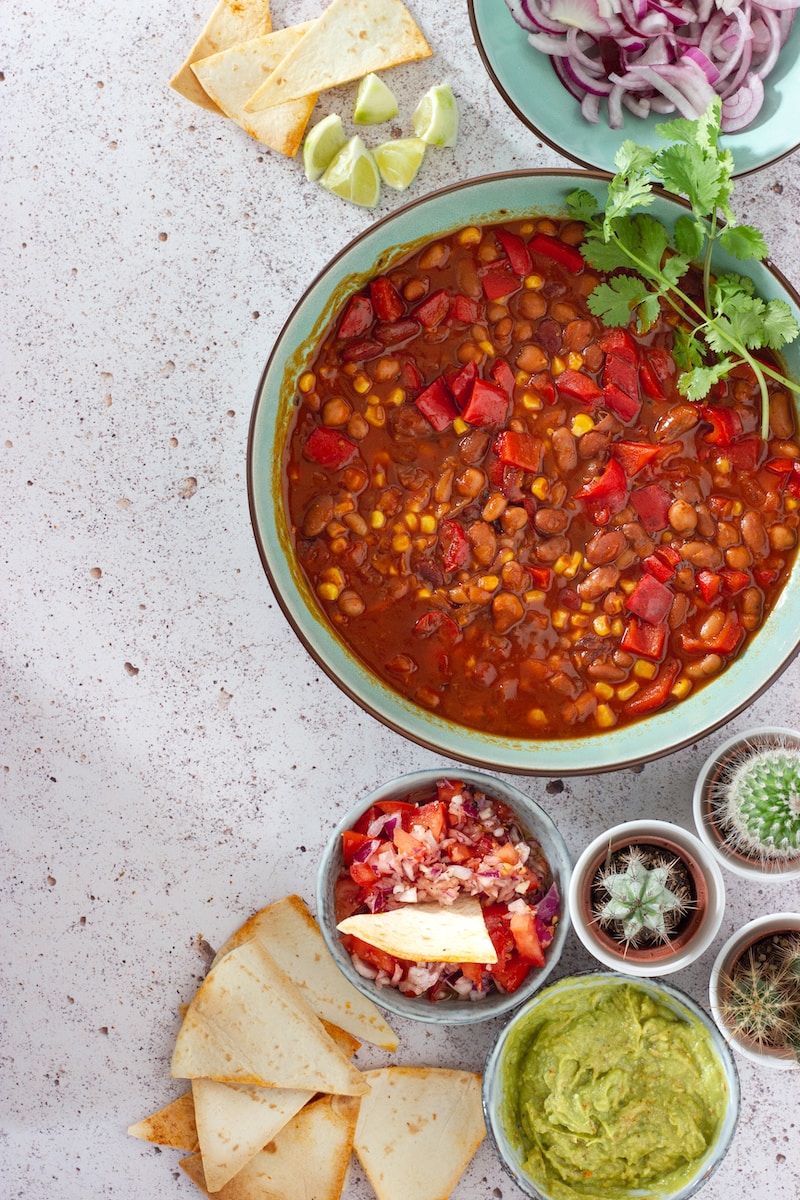This traditional Korean side dish, made from salted and fermented vegetables, primarily napa cabbage and Korean radishes, has made its way into the hearts (and stomachs) of food lovers around the globe. But for those who haven’t yet taken the plunge into the world of kimchi, one question often lingers: what does kimchi taste like?
Kimchi tastes like a complex blend of spicy, sour, and umami flavors, with a hint of sweetness. Made through fermentation, it blends chili pepper, garlic, ginger, and scallions to create a uniquely bold taste that elevates any meal.

The Complexity of Kimchi Flavor
To truly appreciate the taste of kimchi, it is essential to explore its ingredients and fermentation process. Kimchi typically consists of a base made from napa cabbage or Korean radishes, yet there are countless variations using cucumbers, scallions, and various vegetables.
These vegetables are salted, seasoned, and then left to ferment. Through fermentation, the vegetables are not only preserved but their flavors and nutritional value are also enhanced.
The distinct taste of kimchi is attributed to its seasoning. Korean chili flakes (gochugaru) provide a fiery heat that offers more than just spiciness; it also contributes to a rich and complex flavor profile. Garlic brings a pungent kick, ginger adds aromatic depth, and fish sauce or fermented shrimp paste adds umami richness. Additionally, sugar or fruits such as pear can introduce a subtle sweetness, harmonizing the overall flavor palette.
What are the sensory characteristics of kimchi?
Eating kimchi is a sensory experience that goes beyond taste. The crunch of the fermented vegetables, the tingling sensation of the spice, and the vibrant red color all contribute to the enjoyment of this dish. The intensity of the flavors can vary depending on the fermentation time; freshly made kimchi will have a crisper texture and a milder taste, while longer-fermented kimchi develops a stronger, sourer flavor that some liken to a fizzy, tangy burst on the palate.
What does kimchi do to your body?
Kimchi is not just loved for its flavor but also for its numerous health benefits. It is rich in vitamins A and C, as well as probiotics that support gut health. Through the fermentation process, lactic acid bacteria is produced, aiding in digestion, strengthening immunity, and potentially aiding in weight loss.
How do I incorporate kimchi into my diet?
For those looking to explore the world of kimchi, there are countless ways to incorporate it into meals. It can be enjoyed on its own as a side dish or used to add flavor and texture to stews, fried rice, pancakes, and even grilled cheese sandwiches. The versatility of kimchi makes it an exciting ingredient to experiment with, offering a way to add a burst of flavor and a dose of health benefits to your diet.
Start easy with these two recipes:
Cabbage Kimchi

Traditional Kimchi

Conclusion
Kimchi’s unique blend of spicy, sour, umami, and sweet flavors, combined with its health benefits, adds an interesting touch to any meal. Exploring various types of kimchi and using it in different dishes reveals its versatility and deliciousness.










